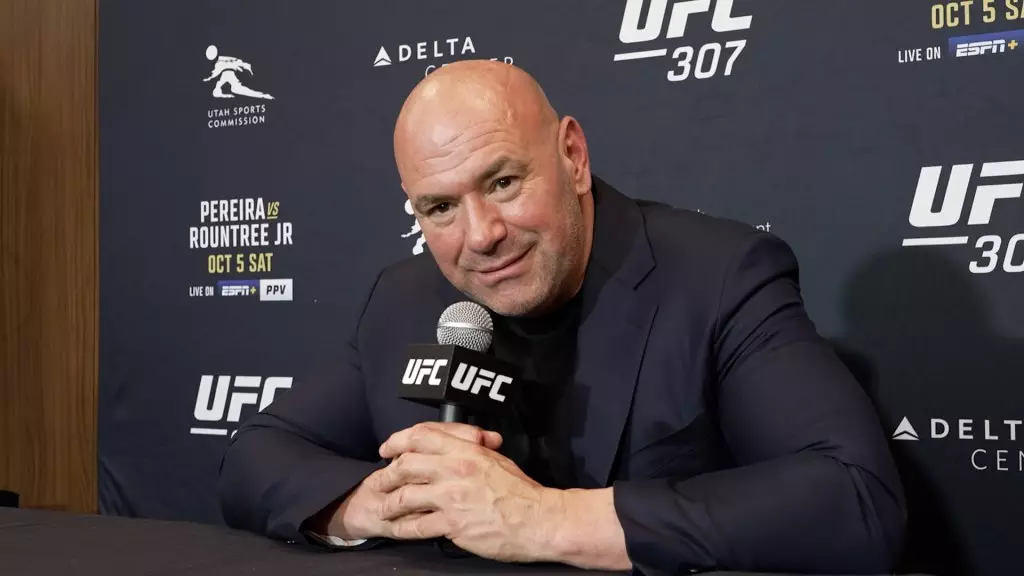The atmosphere following UFC 307 in Salt Lake City was charged with controversy, particularly revolving around the inadequacies of the judging. Prominent figures within the industry, including UFC President Dana White, expressed their dissatisfaction with the officiating. In post-fight comments, White described the judging as “atrocious,” likening it to a less-than-stellar boxing match. This sentiment was echoed by fans and analysts alike, revealing a growing frustration regarding the quality and consistency of judging in mixed martial arts.
UFC 307 not only highlighted problems with judging but also raised broader questions about the regulatory practices within the sport. White revealed that he felt a void left by referee Dave Seljestad, who has often faced criticism himself. Further complicating the discussion, UFC’s senior vice president for regulatory affairs, Marc Ratner, also voiced concerns regarding the referee’s management of the bout between Cesar Almeida and Ihor Potieria. The issues surrounding officiating were undeniable, showcasing a systemic need for improved protocols.
Stagnation in the Cage
The fight between Mario Bautista and the legendary Jose Aldo served as another focal point for reflections on the sport’s current state. Aldo found himself overwhelmed, with Bautista’s strategy involving a series of stalling tactics against the fence that frustrated observers, including fellow fighter Conor McGregor. The Irish fighter took to social media, advocating for the installation of a clock to regulate inactivity during bouts—a proposal designed to encourage action and streamline fight flow.
While McGregor’s suggestions gained traction, White offered a more nuanced perspective. He agreed that current regulations require adjustment to prevent stalling but expressed skepticism about the necessity of a timer. Instead, he underscored the pivotal role of referees in monitoring activity levels within the cage. The debate centers around the balance of control versus active engagement in a match, navigating the fine line between strategic dominance and effective fighting. White posed a challenging question: how can fighters claim victory if they are perceived as avoiding combat rather than actively participating?
Time for Reform
The conversations ignited by UFC 307 underscore a crucial juncture for the regulatory framework governing mixed martial arts. As fans and fighters demand improvement, promoters and officials must acknowledge the collective call for reform. White’s assertion that judges ought to reward activity rather than stalling reflects a deep-seated issue that, if left unaddressed, could undermine the integrity of the sport.
UFC 307 has illuminated critical flaws in the judging and officiating processes within MMA. With the advocacy for more vigilant refereeing and better regulatory standards, there lies an opportunity for the sport to evolve. The UFC’s leadership must heed the feedback from its community and implement changes that promote fairness and enhance viewer engagement, ultimately securing the sport’s future credibility and excitement.

